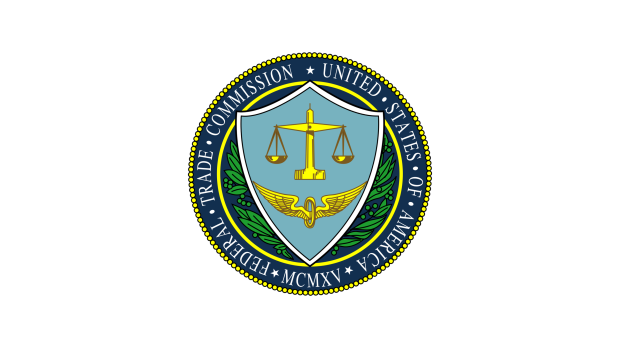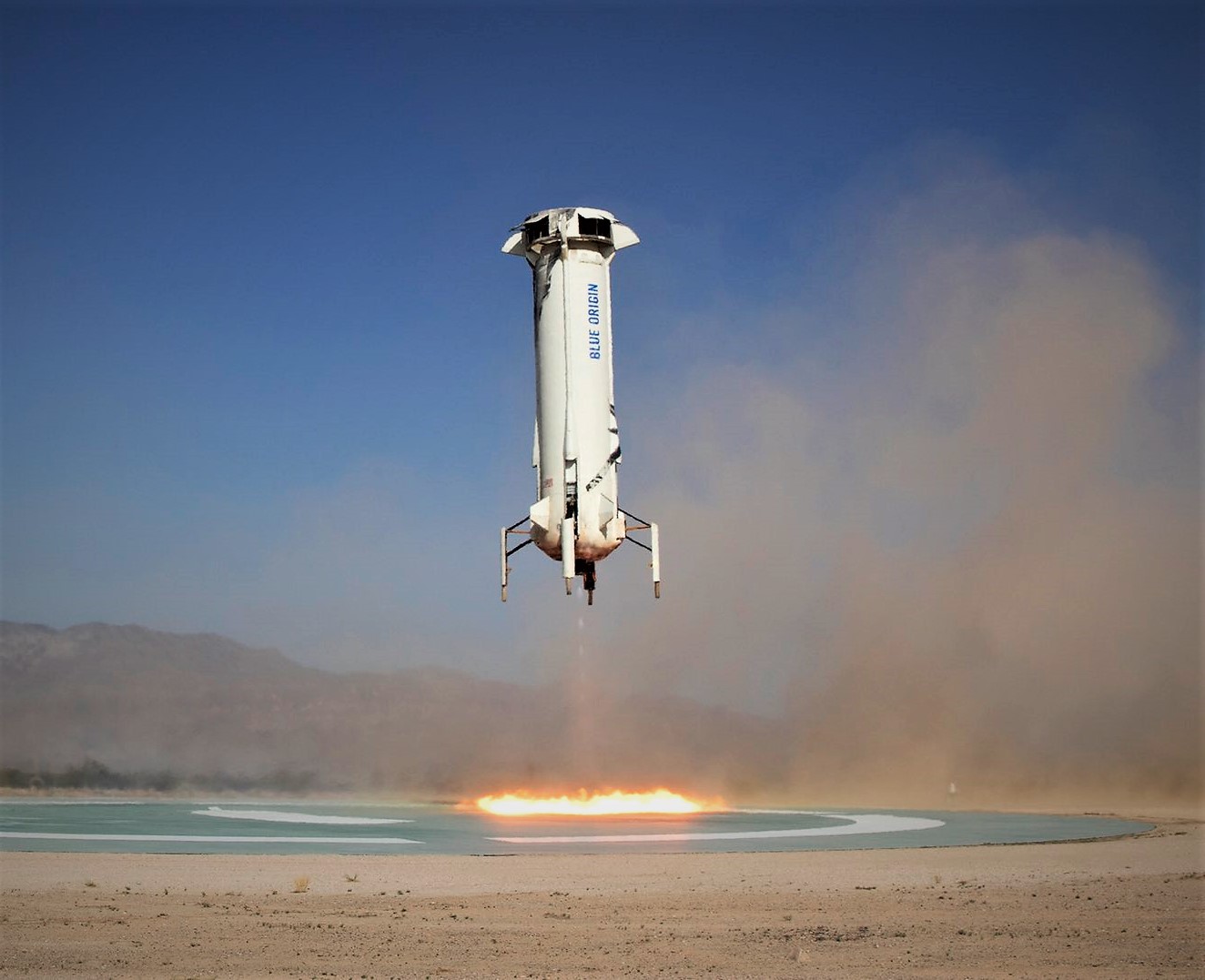FTC's Appeal: Will The Microsoft-Activision Merger Still Happen?

Table of Contents
The FTC's Arguments Against the Merger
The FTC's case against the Microsoft-Activision merger rests on two primary pillars: concerns about competition within the gaming market and worries about potential anti-competitive practices.
Concerns about Competition in the Gaming Market
The FTC argues that the merger would significantly reduce competition, particularly within lucrative genres like first-person shooters (FPS) and role-playing games (RPG). Activision Blizzard boasts a portfolio of immensely popular titles, including Call of Duty, Candy Crush, and World of Warcraft, each commanding substantial market share. The FTC fears that Microsoft's acquisition would give them an unfair advantage, potentially stifling innovation and harming competitors. They point to Microsoft's existing dominance in the console market with Xbox and its growing presence in cloud gaming as evidence of potential monopolistic behavior. While precise market share figures fluctuate, the FTC likely presented data demonstrating Activision Blizzard's significant contribution to the overall gaming market, strengthening their argument about reduced competition.
Concerns Regarding Anti-Competitive Practices
A central concern for the FTC is the possibility of Microsoft making Activision Blizzard's titles, especially the immensely popular Call of Duty franchise, exclusive to its Xbox ecosystem. This exclusivity, the FTC argues, would severely disadvantage competitors like PlayStation and Nintendo, potentially pushing players towards Xbox and harming the overall competitive landscape of the gaming industry. This could lead to higher prices, reduced innovation, and a less diverse range of gaming experiences for consumers. The potential ramifications extend beyond console gaming, impacting the PC and mobile markets as well.
Microsoft's Defense and Proposed Remedies
Microsoft counters the FTC's claims with its own arguments and proposed remedies to address the regulatory concerns.
Microsoft's Arguments for the Merger's Benefits
Microsoft argues that the merger will actually increase competition and innovation within the gaming industry. They claim that by bringing Activision Blizzard's extensive game library under their umbrella, they will expand access to these games to a wider audience through various platforms, including PC and cloud gaming services. A crucial element of Microsoft's defense is its commitment to keeping Call of Duty available on PlayStation for at least the next ten years, a significant concession aimed at appeasing concerns about exclusivity. This long-term agreement is designed to demonstrate Microsoft's commitment to maintaining fair competition in the market.
Legal Strategies Employed by Microsoft
Microsoft has employed a robust legal strategy, drawing on previous successful antitrust cases to counter the FTC's arguments. They’ve presented extensive economic analysis demonstrating the merger's positive impact on competition and consumer choice. Their legal team likely includes expert witnesses experienced in antitrust litigation, aiming to debunk the FTC's claims of reduced competition and potential anti-competitive practices. The focus is on showcasing the long-term benefits and mitigating any potential negative impacts.
Analyzing the Likelihood of the Merger's Success
To predict the likelihood of the merger's success, we need to weigh the arguments presented by both sides.
Weighing the Arguments
The FTC's arguments center on preventing the creation of a gaming behemoth that could stifle competition. Their concerns about exclusivity and market dominance are valid, given Activision Blizzard's powerful portfolio. However, Microsoft's counterarguments, particularly their commitment to keeping Call of Duty on PlayStation, significantly weaken the FTC's case. The success of Microsoft's legal strategy hinges on the persuasiveness of their economic analysis and the judge's interpretation of the evidence presented.
Predicting the Outcome
Predicting the outcome of the FTC's appeal is challenging. Legal experts offer varying opinions. While the FTC has a strong case based on potential reduced competition, Microsoft's concessions and robust legal defense make the situation less clear-cut. The final decision will likely depend on the court's interpretation of the long-term effects on the gaming market. Some legal analysts assign a higher probability to the merger succeeding, citing the concessions made by Microsoft as a mitigating factor.
Potential Impacts on the Gaming Industry
The outcome of the Microsoft-Activision merger will significantly impact the gaming industry. A successful merger could lead to increased innovation and broader access to games but also raises concerns about market dominance. Conversely, a failed merger might maintain the status quo but could limit potential benefits for both companies and gamers.
Conclusion: The Future of the Microsoft-Activision Merger – What to Expect
The FTC's appeal against the Microsoft-Activision merger is a complex legal battle with significant implications for the gaming industry. While the FTC raises valid concerns about reduced competition and potential anti-competitive practices, Microsoft's concessions and legal defense present a strong counterargument. The ultimate success of the merger depends on the court's assessment of the presented evidence and its interpretation of antitrust laws. The outcome will shape the future landscape of gaming, influencing competition, innovation, and the gaming experience for millions of players worldwide. Stay informed about further developments in the Microsoft-Activision merger case by following reputable news sources and legal updates. The future of this pivotal deal is yet to be written.

Featured Posts
-
 How To Get Capital Summertime Ball 2025 Tickets Tips And Tricks
Apr 29, 2025
How To Get Capital Summertime Ball 2025 Tickets Tips And Tricks
Apr 29, 2025 -
 Capital Summertime Ball 2025 Tickets Your Guide To Securing Entry
Apr 29, 2025
Capital Summertime Ball 2025 Tickets Your Guide To Securing Entry
Apr 29, 2025 -
 Saudi Pif Bans Pw C From Advisory Roles For A Year
Apr 29, 2025
Saudi Pif Bans Pw C From Advisory Roles For A Year
Apr 29, 2025 -
 Kentucky Storm Damage Assessments Delays And Reasons Why
Apr 29, 2025
Kentucky Storm Damage Assessments Delays And Reasons Why
Apr 29, 2025 -
 Blue Origin Cancels Launch Vehicle Subsystem Malfunction
Apr 29, 2025
Blue Origin Cancels Launch Vehicle Subsystem Malfunction
Apr 29, 2025
